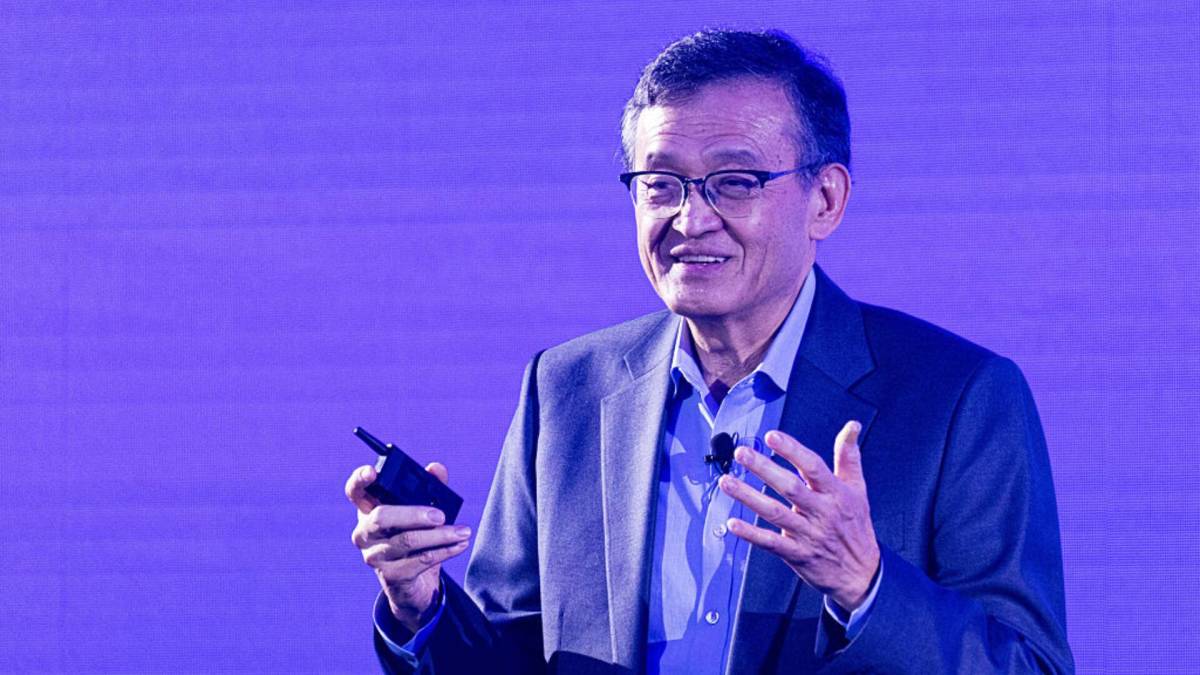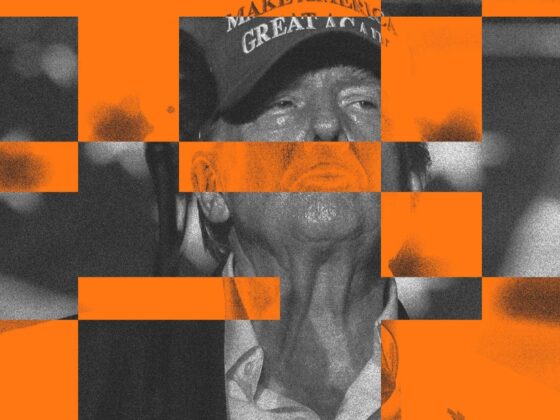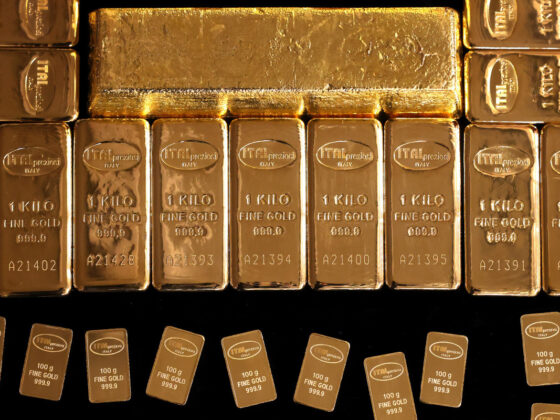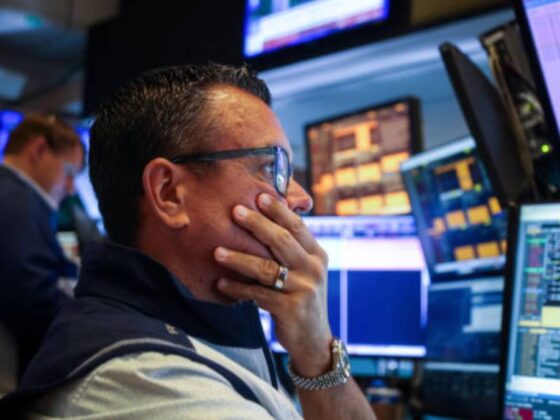A day after Intel (INTC) stock slid more than 3% following political calls for his resignation, CEO Lip-Bu Tan publicly defended his record and emphasized his commitment to U.S. national security.
The move indicates Tan is not stepping aside, despite pressure this week from U.S. President Donald Trump and Arkansas Senator Tom Cotton over Tan's past business ties to China.
“We are engaging with the Administration to address the matters that have been raised and ensure they have the facts,” Tan said in a statement. “I fully share the President’s commitment to advancing U.S. national and economic security, I appreciate his leadership to advance these priorities, and I’m proud to lead a company that is so central to these goals.”
Related: Leaked data shows Nvidia taking page from Zuckerberg's playbook
Tan added that he has the backing of the company's board of directors and has “always operated within the highest legal and ethical standards.”
Political pressure escalates for Intel CEO to step down
Trump’s call for Tan to resign, posted on Truth Social on Thursday, alleged the CEO was “highly CONFLICTED” but offered no further specifics.
The demand came shortly after Cotton sent a letter to Tan raising concerns about his investments in Chinese semiconductor and manufacturing companies, including some allegedly linked to the Chinese military.
Before joining Intel in March, Tan was a prominent venture capitalist who made significant investments across East Asia, including in China.
That track record is now drawing scrutiny in Washington, where lawmakers are increasingly linking leadership choices at critical technology firms to broader geopolitical competition.
A matter of national security?
Intel is a central player in the U.S.-China technology rivalry, particularly in advanced semiconductor manufacturing. The company is expected to begin ramping production of its next-generation “Nova Lake” CPUs in the coming quarters.
Cotton's letter warned that Tan’s financial and professional associations could undermine public trust in Intel's ability to safeguard sensitive technology, especially given the nearly $8 billion in subsidies the company was awarded under the CHIPS and Science Act — the largest grant under the act to any single company.
The matter has taken on additional political context as major tech executives appear to be deepening ties with the Trump administration in his second term. Earlier this week, Apple (AAPL) CEO Tim Cook presented Trump with a custom-made glass plaque featuring a solid gold base, a gesture conciding with Apple’s pledge to invest $100 billion in U.S. manufacturing.
Related: Analysts revamp Meta price target after earnings
Intel's board is at a crossroads
Intel’s board is now in a position where it must weigh the reputational and regulatory risks of keeping Tan in place against the potential disruption of a leadership change during a critical restructuring.
Since taking the helm following his appointment as CEO in March 2025, Tan has announced sweeping cost cuts, scaled back overseas projects, and slowed construction on a major U.S. chip plant in moves aimed at shoring up profitability at the firm.
More AI Stocks:
- Google plans major AI shift after Meta’s surprising $14 billion move
- Meta delivers eye-popping AI announcement
- Veteran trader surprises with Palantir price target and comments
At the same time, the fact that the board has publicly signaled support for Tan could stabilize investor sentiment in the short term, although uncertainty remains.
What Intel investors should watch next
Tan’s comments also come as Reuters reported this week that Intel has faced quality control issues in manufacturing its next-gen chips, a potential complication as the company pushes to regain leadership in the global semiconductor race.
Whether the CEO's outreach to the U.S. presidential administration will defuse tensions, or whether the political calls for his removal will grow louder, may determine not only Tan's future at Intel but also how Washington shapes the rules for companies operating at the heart of the U.S.-China tech rivalry.
Related: The alarming reason so many tech companies are raising cash













